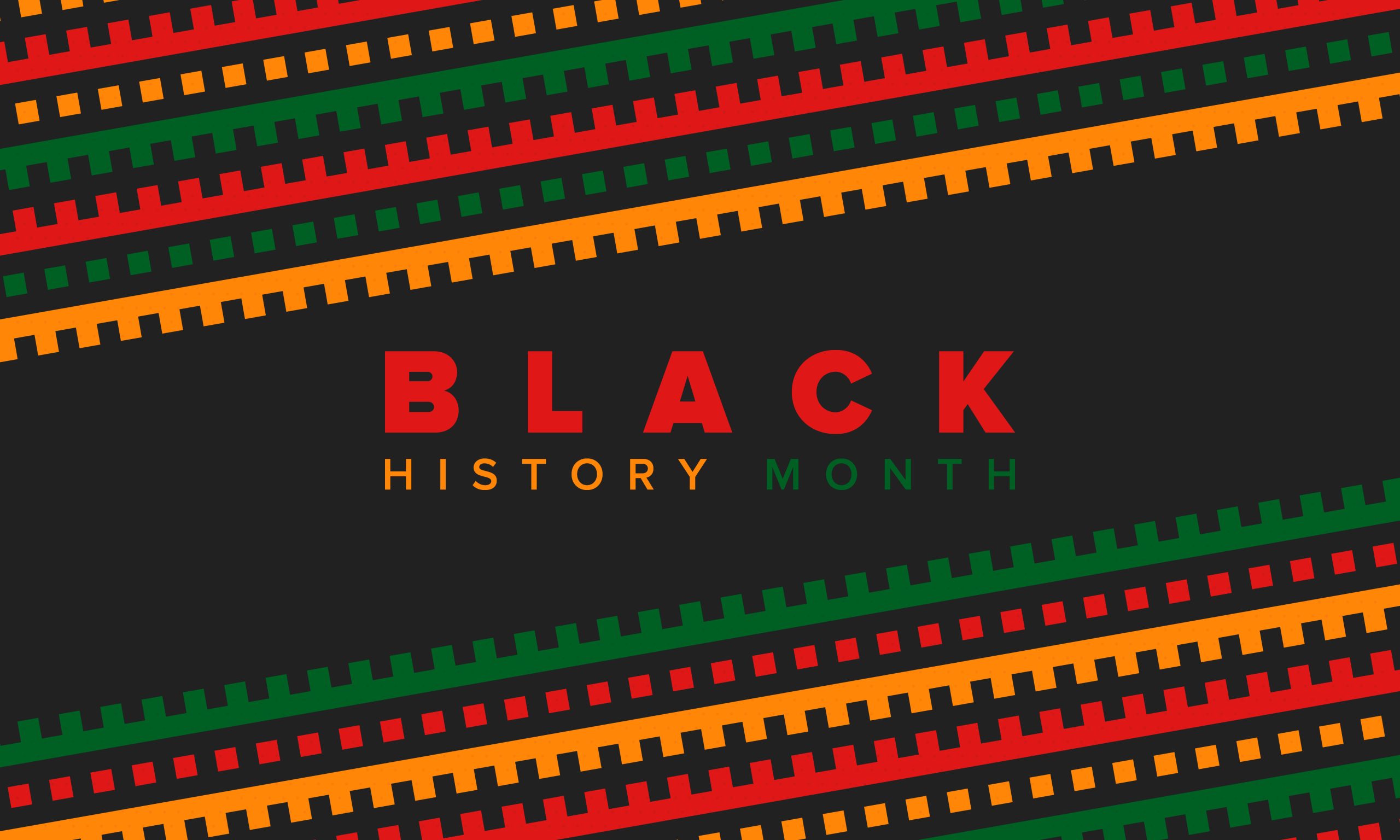Every February, the United States observes Black History Month, a tradition that began as “Negro History Week” in 1926, founded by Carter G. Woodson. This initiative was officially expanded to a month-long celebration in 1976 under President Gerald Ford. While this observance is widely recognized in the U.S., the influence of Black history extends globally, with many countries celebrating Black excellence in unique ways.
In Canada, Black History Month was officially recognized in 1993, thanks to the efforts of the Ontario Black History Society. The month serves to educate Canadians about the history of slavery in the country and to celebrate the contributions of Black Canadians throughout history.
Germany has celebrated Black History Month since 1990, inspired by the Initiative Schwarzer Deutscher (ISD). The movement has gained traction, focusing on discussions around Afro-German identity and the contributions of Black individuals to German society.
In Panama, May is designated as Black Heritage Month, with May 31 recognized as National Black Heritage Day. This celebration acknowledges the significant contributions of Africans and Antilleans to Panamanian culture, reflecting on their impact on the nation’s history, art, and traditions.
The United Kingdom honors Black contributions in October, a tradition that started in 1987 with the efforts of Ghanaian analyst Akyaaba Addai-Sebo. This month is dedicated to recognizing the achievements of Black individuals across various fields, including science, politics, music, and literature.
The Netherlands also celebrates Black Achievement Month (BAM) in October, established in 2015 by former politician John Leerdam. This month features artistic performances that honor Black contributions to Dutch culture and the broader African diaspora.
Australia recognizes Black history through “Blak History Month,” declared in July 2008. This month focuses on the experiences of Aboriginal and Torres Strait Islander peoples, promoting awareness of their rich cultural heritage through storytelling, art exhibitions, and educational initiatives.
In Costa Rica, August 31 is celebrated as Black Peoples Day, which was expanded in the 1980s to include a month dedicated to Afro-Costa Rican culture. This observance aligns with the anniversary of the First International Convention of the Negro Peoples of the World, emphasizing cultural pride and inclusion.
As global awareness of Black history and contributions continues to grow, these observances serve as powerful reminders of the resilience and brilliance of Black individuals around the world. The recognition of Black excellence is not limited to one month or one country, but is a vital part of acknowledging the diverse cultural legacies that shape societies worldwide.
Check out the original article here: Source link



